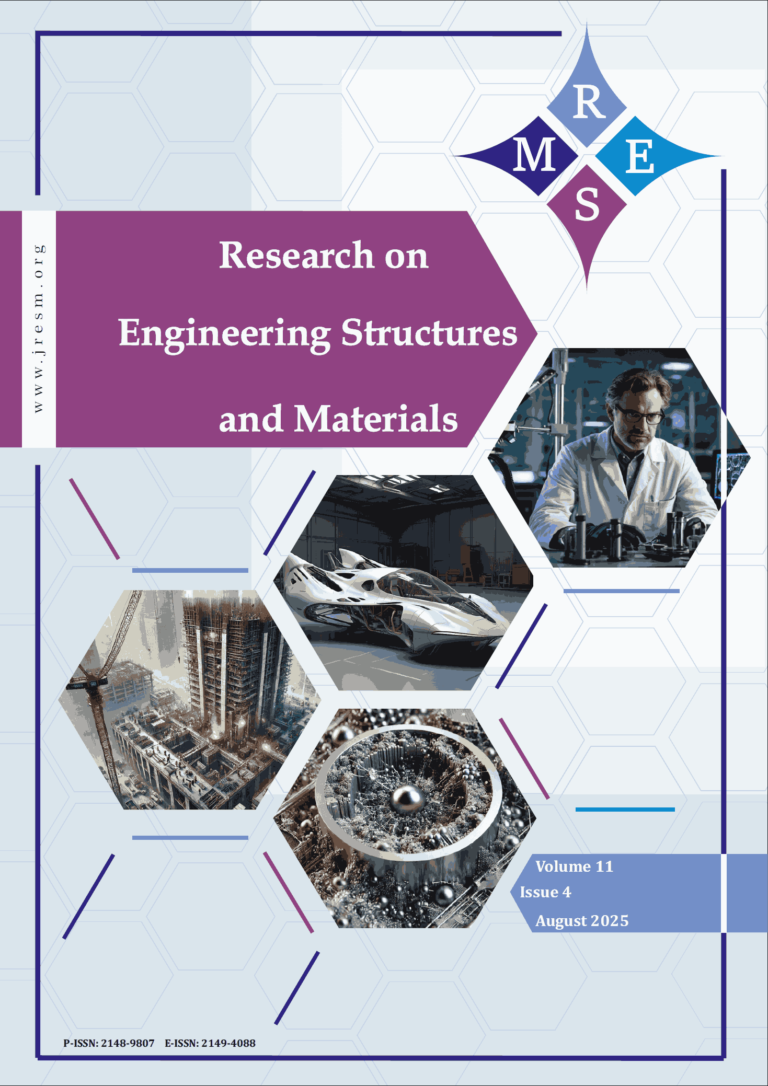This study investigates the impact of the liquid-to-solid (L/S) ratio and the sodium silicate-to-sodium hydroxide (SS/SH) ratio on the microstructural, physical, and mechanical properties of metakaolin-based geopolymer mortars. Sodium hydroxide (NaOH) and sodium silicate (Na₂SiO₃) were employed as alkaline activators, with the NaOH concentration fixed at 16 M. The SS/SH ratio ranged from 1 to 3, while L/S ratios of 0.5 to 0.8 were evaluated. The geopolymer samples were cured and analyzed after 28 days of aging. The study employed a range of advanced characterization techniques, including bulk density measurement, total porosity evaluation, mechanical properties testing, scanning electron microscopy (SEM), and X-ray diffraction (XRD). The findings revealed that the maximum compressive strength of 22.46 MPa was achieved at the optimal liquid-to-solid (L/S) ratio of 0.7 and sodium silicate-to-sodium hydroxide (SS/SH) ratio of 2.0. Microstructural analysis via SEM highlighted a dense and cohesive geopolymer matrix at this ratio, signifying improved mechanical performance. Additionally, phase analysis using XRD identified the presence of amorphous gels alongside crystalline zeolite phases, indicative of an amorphous structure formation that contributes to enhanced mechanical strength and structural integrity.
